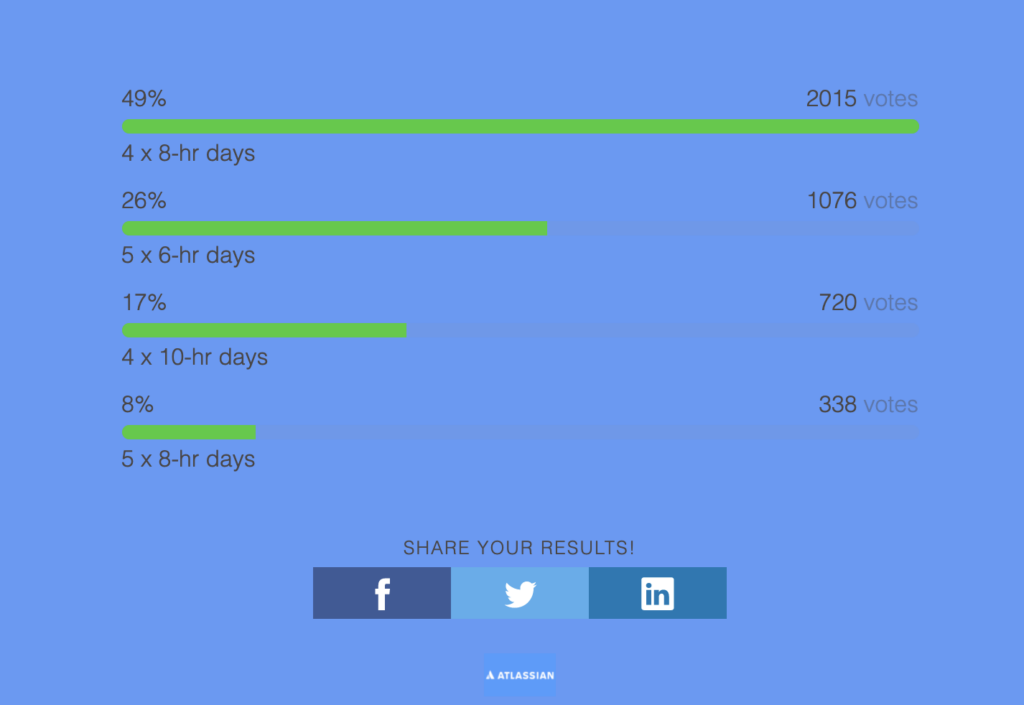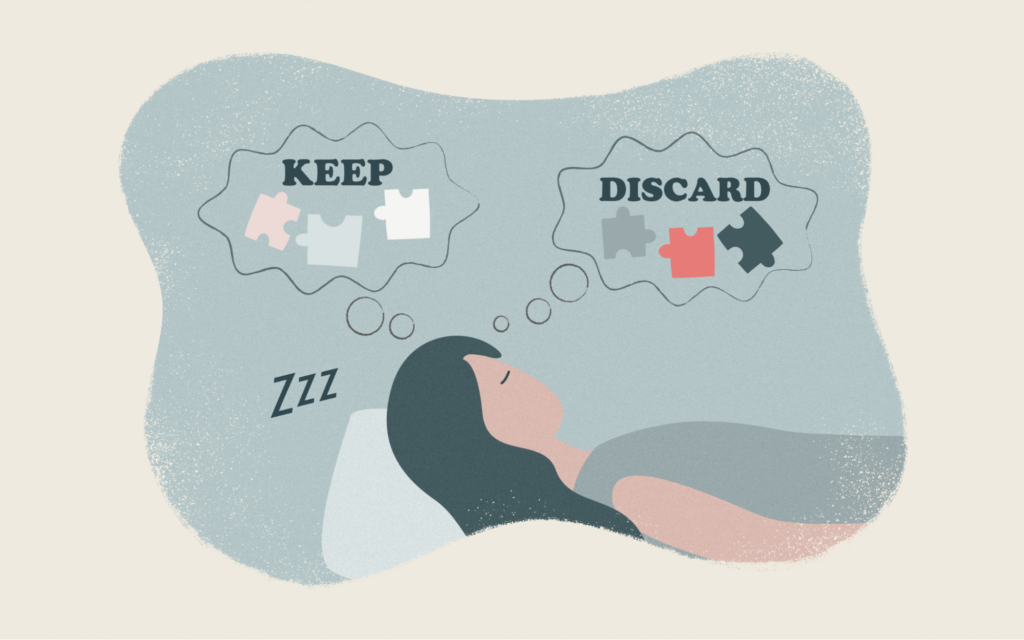If you’re looking for quick tips to increase productivity, this list is for you. I wrote this post using insights from countless small business owners and my own entrepreneurial journey. So scroll through, and if anything resonates, make some changes to your routine and see what works.
Introduction
How sick are you of being exhausted and worn out from running your business only to hear some guru say, “Well, if you just wake up at 5:00 a.m., run three miles, write one thousand words, and make ten sales calls every day, your business will grow.” *eye roll*
The problem for many of us is not that we don’t know how to be productive, but rather that our productivity tools require even more energy and time—neither of which we have in abundance.
Fortunately, new evidence shows that gritting it out and wrecking yourself are not the only ways to get ahead. In The Little Book of Big Change, Dr. Amy Thompson outlines a variety of incredible no-willpower strategies. I highly recommend reading it.
In the meantime, I’ve taken inspiring parts of Dr. Thompson’s book and cross-pollinated them with tips and tricks I’ve gleaned over the last decade. Read on for seven no-willpower productivity tips to get the work flowing again when it all just seems to be stuck.
1. Keep an energy journal
On a regular cadence, whether daily or weekly, grab a piece of paper and draw a line down the middle. Then, on one side of the line, note the activities and tasks you found energizing. On the other side of the line, write down the tasks you found draining.
You’d be surprised how much this can help. When you know which tasks give you energy and which drain it, you’ll be much more successful in planning your schedule for days and weeks ahead.
Limiting energy-draining tasks, outsourcing where possible, and making more space for energy-giving activities is an absolute game-changer. Keep in mind, though, that things you love can still be energy-draining, but this doesn’t mean that they’re bad or you should eliminate them from your schedule. If you have three podcast interviews in a day and expect to feel drained, keep your schedule light afterward.

2. Share your struggles with trustworthy peers
We conducted a year-long study of business owners; the one commonality among them—ranking even higher than tenacity or willpower—was that every person interviewed was part of a mastermind group. Mastermind groups are small groups of people who share struggles and help one another.
According to research, the reason why sharing our struggles is so effective comes down to how our brain responds to stressful situations. For example, when we’re faced with difficult problems in our business, the stress may keep us up at night.
When we are up against challenges, our brains go into fight or flight mode, operating out of the amygdala because we sense danger. If I can’t solve this problem, my business will fail and I will starve.
When we express our fears with other people who listen and attune to us—especially if those people can resonate with your fear and normalize it—then we start to think from our prefrontal cortex, our “command center.” As a result, we’re better able to see perspective.
Unfortunately, the amygdala and prefrontal cortex don’t play nicely together. Most likely, your thoughts will be focused in one or the other; so, you can’t be freaking out while simultaneously seeing perspective. The good news is that when you share your freakouts with other people who “get it,” they can help you regulate how you’re thinking, using the prefrontal cortex, where problem-solving happens.
3. Go on walks throughout the day
EMDR (Eye Movement Desensitization and Reprocessing) is a popular form of therapy for helping people get unstuck from past wounds. The basis of this therapy is very similar to what happens when you go on a walk, moving your eyes back and forth slowly as you think through events.
You might notice this when you stroll outdoors: you’ll be walking and find you’re also recounting events in your head. Maybe you’re thinking about a meeting you just had or reflecting on an interaction.
When you walk, you’re in a position to notice the world around you, gain perspective, see things you might have missed before. These attributes save time by aiding decision-making, perspective gaining, and quick action on new information.
4. Practice presence
More and more business owners are building meditative practice into their schedules. Meditation has a gluttony of benefits, pretty much all the good things, but a couple to highlight are decreased stress and increased creativity.
Any business owner would be remiss if they told you they wouldn’t be more productive if their stress levels went down and their creativity went up. For most folks, a meditation in the morning or night (or both) is an excellent way to increase productivity quickly.
5. Accept your limitations
One string that ties many small business owners together is that they don’t work traditional hours. One example is Aleya Harris, a small business owner who left corporate a few years ago to build her own business. She talks about days when she just watches TV for a few hours midday or just spends time not working at all.
Research shows we only have about five productive hours in a day. In a similar vein, Atalassian conducted a poll where people self-reported that their ideal workweek would be four eight-hour days, not the traditional five-day workweek.

6. Sleep consistently
When you sleep, your brain sorts through what matters and what doesn’t. That’s why many creatives talk about waking up with ideas or solving problems while asleep. It’s not a magical formula; the brain is able to, essentially, filter through everything while we sleep.

7. Work in time blocks
Many business owners cite that freedom is a top reason they work for themselves. But, without structure, freedom can also be a trap. When setting your own hours, it’s easy to justify spending excessive time on a project.
This can be inefficient and demoralizing because you’ll always feel behind. Time blocks will hold you accountable to produce within a set timeframe. You’ll become more aware of your energy and limitations and know when it’s best to give yourself a break.
Conclusion
Productivity is ever-evolving. I hope this article has sparked some ideas, and you can work them into your cadence.
One last word of encouragement: don’t be too hard on yourself. There’s often a misconception that every business owner is made of iron and never struggles. From my conversations over the years, I know the opposite is true. So, if you’re having a hard time with productivity, remember that is normal. It’s a process to increase output.